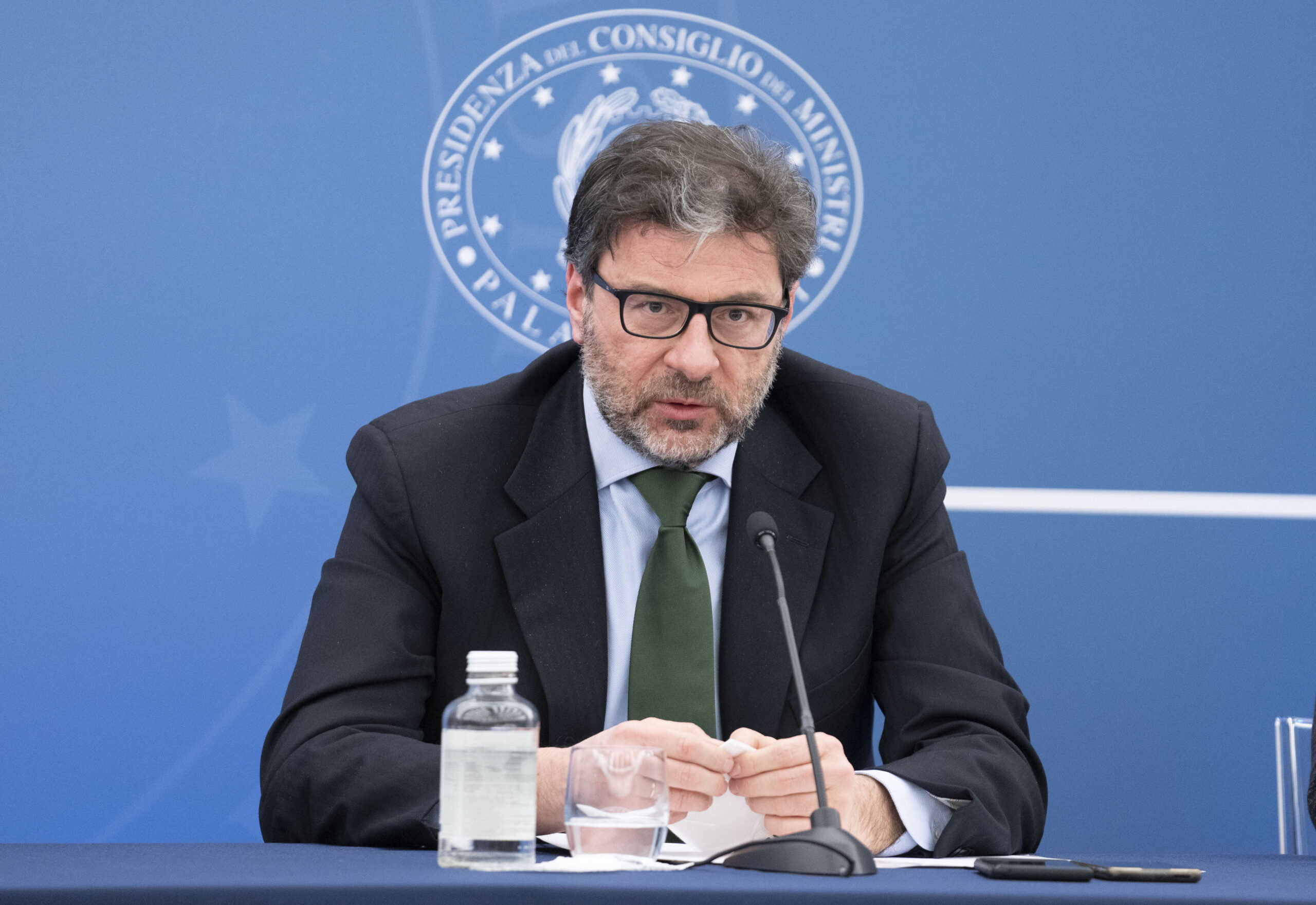How Meloni and Giorgetti will act on Ita Airways

What will happen to Ita Airways. The analysis by Paolo Rubino and Salvatore Santangelo
How will the Meloni government act on Ita Airways?
On the pages of Startmag on 19 August we wrote that, between the two proposals on the table of the Draghi government for the sale of Ita Airways, that of the couple MSC Lufthansa seemed to us anchored to an industrial, rather than merely financial, project; inspired by an innovative vision of intermodal integration in the transport industry, rather than by the obsolete re-proposal of the hub & spoke model; equipped with first-rate industrial skills, rather than an expert in speculative gaming.
Subsequently, on 1 September on these same pages, while taking note of the government decision to proceed with an exclusive negotiation phase with the Certares fund, we noted that "negotiating exclusively" is not synonymous with signing a binding contract and that predictable changes in the national government course, which actually took place with the outcome of the political elections of last September 25, would have allowed the new government to face the final choice between the two proposals on the table without the embarrassing need to break a pact given that the negotiation exclusively pact was not.
It is not for vain self-citation that we remember these two passages, but to re-tie the logical thread of the reflections on the future of Ita-Alitalia and of national and European air transport and try to trace a possible line of evolution.
Today, this new government, free from the rhetorical burden of "political neutrality", could, and should, make an openly political choice inspired by a realistic, pragmatic national interest, consistent with the vision of the country's industrial future. The invitation to those who have to decide is, first of all, not to bow to the emotional dilemma, which reporters so much like, between friendship for France or Germany, between the satisfaction of big international finance or of a leading industrial actor. from the Italian surname, between fanatical pro-liberalism and ideological pro-syndicalism.
The Italian industry, in any sector, is not a damsel to be married regardless, but a pillar of national identity that is essential to restore and prosper social cohesion. Therefore, it is not empathy towards one or the other of the proponents that must guide the choice, but the greater functionality of one or the other that concretizes the industrial policy design that the new government wants to implement for the country.
The two-year pandemic has made it possible to draw up a plan contained in the strategic lines of the PNRR summarized in the modernization of the national infrastructure network, inspired by a higher degree of environmental compatibility, by the need for coverage of the entire national territory that protects the segregation of too large southern areas, a negative legacy, in fact if not in intent, of the post-war economic revival. Powerful infrastructures and integrated logistics are the keystones for the regeneration of the national industrial system and air transport is an essential element, albeit partial, for the realization of the design.
It is therefore not a question of Germanophilia or Francophilia, a useless debate that tempts the homeless, but of an instrumental evaluation of the proposals in the field. It is obvious that none of the proponents perceives themselves as a mere tool of others. Certares, Air France and Delta on the one hand, perhaps with their respective governments, MSC and Lufthansa on the other, legitimately pursue their own interests without which they would certainly not mobilize large sums of their money and, even more so, their time and skills.
For the Italian government it is a question of understanding which interests of potential partners are more compatible and more easily composable with national interests. Without, however, having the infantile claim to condition the interests of others through the authoritarian use of the phantasmagoric golden power. The availability of this tool is equivalent to a nuclear weapon: having it in order to never use it.
It will be the authoritativeness of one's theses, the lucidity with which they are put into practice, the technical competence of the operational actors to measure over time the concrete ability to implement the political plan.
Due to its natural socio-economic inclination, geographical position, and morphology of the territory, Italy must integrate Rome, Milan, Genoa, Naples, Gioia Tauro, Lamezia, Cagliari, Alghero, Palermo, Catania, Taranto, Brindisi, Bari, Pescara into a single network , Ancona, Rimini, Venice, Trieste and all these with the rest of the world. And, in doing so, it must be able to integrate as much as possible every way of land, sea and sky.
This project would be incomplete without an air carrier. And a self-referential air carrier, Ryanair for example, or heterodirect for which Italy would be a mere, albeit fat, periphery would be useless for the purpose.
We hope that the new Mef , Mise, Tourism, Infrastructures, not least the presidency of the council will be able to implement a political and far-sighted choice, not meanly technical and complacent, for the small, but unavoidable, air transport card in the framework of the PNRR and the economic future of Italian society.
This is a machine translation from Italian language of a post published on Start Magazine at the URL https://www.startmag.it/smartcity/governo-meloni-ita-airways/ on Fri, 04 Nov 2022 06:59:28 +0000.
